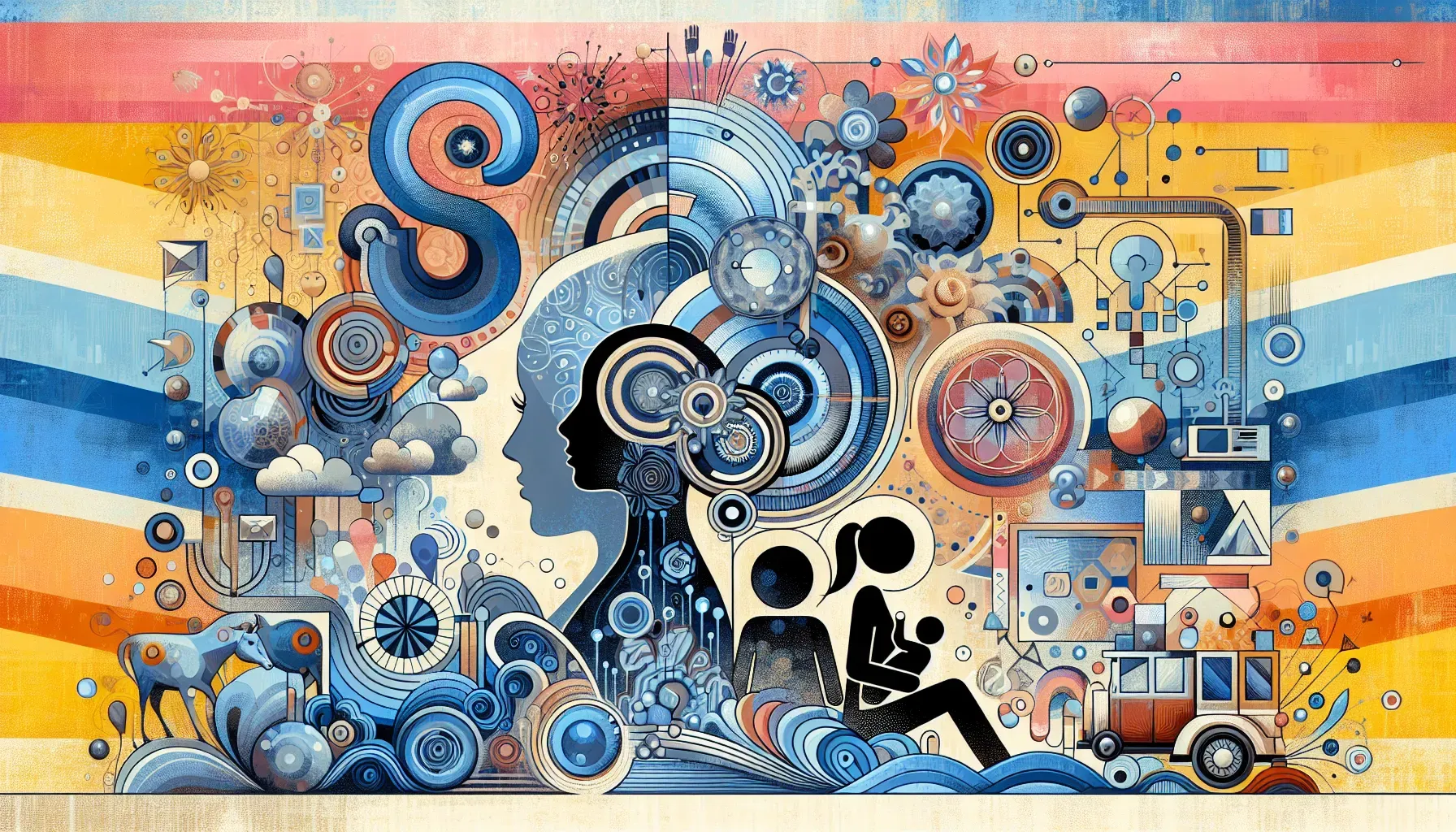The Evolution of Motherhood and Parenting in Modern Cinema

The depiction of motherhood and parenting in movies has evolved significantly over the years, reflecting the changing dynamics of family life and societal norms. As we delve into the portrayal of motherhood and parenting in contemporary films, we witness an intriguing reflection of real-life experiences, challenges, and triumphs. This evolution not only mirrors cultural shifts but also serves as a source of inspiration and contemplation for audiences worldwide.
The Evolution of Motherhood and Parenting in Cinema
In recent years, there has been a notable surge in the representation of diverse maternal figures on the silver screen. From single mothers navigating the complexities of raising a child independently to working mothers balancing career aspirations with familial responsibilities, contemporary films capture the multifaceted nature of motherhood. These portrayals serve as a testament to the resilience and strength exhibited by mothers in the face of adversities, resonating deeply with audiences experiencing similar journeys.
Portrayal of Diverse Maternal Figures in Modern Films
Moreover, the portrayal of modern parenting in cinema extends beyond traditional family structures, encompassing non-nuclear families, same-sex parenting dynamics, and unconventional caregiving scenarios. This inclusive approach reflects the evolving fabric of society, celebrating the richness and diversity inherent in familial relationships.
Related Article: The Artistry of Motherhood: Depicting Parenthood Through Modern Art
Inclusive Representation of Parenting Dynamics
The evolving societal landscape has significantly influenced how family dynamics are depicted in modern cinema. As cultural norms undergo transformation, so do the narratives surrounding motherhood and parenting on the big screen. Films now strive to capture the complexities and nuances inherent in familial relationships, shedding light on unspoken truths and universal experiences that resonate across diverse cultural backgrounds.
This shift is indicative of a growing emphasis on authenticity and relatability in cinematic storytelling, allowing audiences to connect with characters on a more profound level. By mirroring the real-life challenges and joys associated with parenthood, contemporary films provide a platform for collective introspection and empathy, bridging societal divides through shared human experiences.
The Importance of Authenticity in Storytelling
Throughout cinematic history, numerous iconic parent-child relationships have left an indelible mark on audiences, encapsulating the enduring bond between parents and their children. From heartwarming tales of unconditional love and sacrifice to compelling narratives that navigate the complexities of generational gaps, these cinematic portrayals offer poignant insights into the intricacies of familial connections.
Characters such as Marmee March from "Little Women" and Molly Weasley from the "Harry Potter" series exemplify maternal figures whose unwavering love and guidance resonate across generations. Similarly, films like "The Pursuit of Happyness" delve into the poignant father-son relationship, serving as a timeless testament to parental perseverance and devotion. These timeless portrayals continue to captivate audiences, transcending temporal boundaries to impart enduring lessons about love, resilience, and human connection.
Related Article: Reframing Parenthood: Impactful Storytelling in Popular Literature
Iconic Parent-Child Relationships in Film History
In an era characterized by greater inclusivity and representation, contemporary cinema has embraced diverse and unconventional parenting narratives that challenge traditional roles and stereotypes. Through thought-provoking storytelling, films like "The Kids Are All Right" and "Tully" navigate uncharted territory by depicting non-conventional family structures, exploring themes of co-parenting, and unconventional caregiving arrangements with sensitivity and depth.
Timeless Lessons from Memorable Characters
Furthermore, the portrayal of unconventional parental figures defies stereotypes by portraying multifaceted characters who navigate parenthood with complexity and authenticity. This departure from conventional representations encourages discourse around modern parenting paradigms while celebrating the inherent diversity in familial experiences.
As we witness this paradigm shift in cinematic storytelling, it becomes evident that these narratives not only captivate audiences but also inspire critical reflections on societal norms and expectations related to motherhood and parenting.
Diverse and Unconventional Parenting Narratives in Movies
In conclusion, the evolution of motherhood and parenting in modern cinema reflects a profound convergence of real-life experiences, cultural shifts, and societal aspirations. Through authentic portrayals of familial relationships that transcend traditional boundaries, contemporary films serve as compelling testaments to the universal joys, struggles, and triumphs inherent in parenthood. As we continue to explore these multifaceted narratives on the silver screen, we embrace a future where cinematic representations mirror the rich tapestry of human experiences while shaping our collective understanding of motherhood, parenting, and family life.
Frequently Asked Questions
Contemporary films often explore themes such as resilience, independence, and the complexities of balancing career and family life. They portray diverse maternal figures, including single mothers and working moms, reflecting real-life challenges and triumphs that resonate with audiences experiencing similar journeys.
Cultural shifts significantly impact cinematic representations of family life by transforming narratives around motherhood and parenting. Modern films aim to capture the complexities of familial relationships, emphasizing authenticity and relatability, which allows audiences to connect deeply with characters and their experiences.
Iconic maternal figures like Marmee March from "Little Women" and Molly Weasley from the "Harry Potter" series exemplify unconditional love and guidance. Their portrayals resonate across generations, offering insights into the enduring bond between parents and children through heartwarming narratives of sacrifice and support.
Modern films embrace unconventional parenting narratives by showcasing diverse family structures, such as same-sex parenting and co-parenting arrangements. Titles like "The Kids Are All Right" and "Tully" challenge traditional roles, presenting multifaceted characters who navigate parenthood with depth and authenticity.
Authenticity in storytelling about parenthood is crucial as it fosters relatability and connection. By portraying real-life challenges and joys associated with parenting, films allow audiences to engage in collective introspection, bridging societal divides through shared human experiences that resonate across diverse backgrounds.
Modern films reflect the evolution of motherhood by depicting a wide range of experiences that challenge traditional stereotypes. They highlight the strength of mothers facing adversities while celebrating diverse family dynamics, ultimately providing a platform for critical reflections on societal norms surrounding parenting.
Check Out These Related Articles

The Intricacies of Intercultural Parenting: Embracing Diversity at Home

Cultural Creativity and Scientific Understanding: Exploring Diverse Perspectives of Parenthood and Family Relationships

